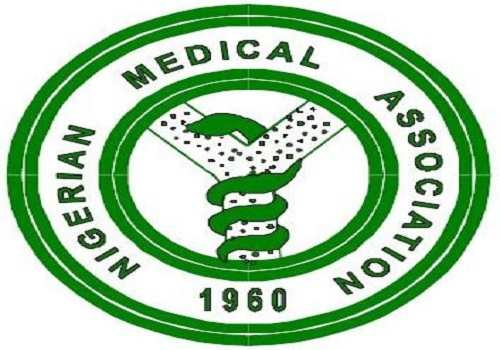The National Agency for Food and Drug Administration and Control, NAFDAC, on Tuesday in Lagos, raised the alarm over the wrong use of sniper and insecticides to preserve foods, warning against the use of them for any food or keep flies away from meat.
Giving the warning in Lagos during the ongoing campaign and creation of awareness about the various infractions that impact negatively on Nigerians’ health as well as the health care delivery system, the Director-General of the Agency, Professor Christianah Adeyeye, said it was common knowledge that Nigeria has a preponderant share of the global problem of falsified medical products and unwholesome food.
Represented by the Director-General of Ports Inspection Directorate, Professor Samson Adebayo, Adeyeye noted that the advent of the COVID-19 pandemic has aggravated the problem with the challenge posed by substandard and falsified personal protective equipment (PPEs).
She said that the sensitisation campaign scheduled to hold in eight states was one of the veritable regulatory mechanisms put in place by NAFDAC to promote and protect the health of Nigerians.
“The key objective of this sensitisation programme is to intensify and expand the scope of our informal and formal behavioural change communication strategies in order to reach the vulnerable communities, especially at the grassroots. Dissemination of food and drug safety information is an important aspect of our regulatory work.
“These campaign themes intend to address the following public health challenges such as dangers of buying medicines from hawkers. Patients are to buy medicines from only licensed pharmacies and medicine stores.
“We are also looking at the abuse of codeine and self-medication especially among youths; the dangerous effects of using kerosene tanker to load groundnut oil; the dangerous practice of using potassium bromate to bake bread; the use of azo-dyes in palm oil which causes cancer; dangers of transfat and consumption of excessive oil and the use of formalin on food and its associated health hazards.
“Other areas of focus are the low level of exclusive breastfeeding practice by lactating mothers and its associated health hazards; wrong use of chemicals and its hazardous effects; and problem of antimicrobial resistance arising from animal meat.”
She informed the gathering that the mass media, vibrant youth organisations, and civil societies in the pilot states would be in the forefront of the sensitization.
According to her, the target audiences are market women and men, road transport workers and employers, community youth Organisations and students.
Adeyeye said that NAFDAC has engaged the services of a project consultant to drive the campaigns, particularly in presenting the messages to the audiences in the languages that they would understand better.
“Our ultimate goal is to ensure that the various communities take ownership of the care and management of their own health.
She said: “I want to reassure you that NAFDAC under my watch will not leave any stone unturned in our concerted efforts to rid the country of the menace of falsified medical products, unwholesome food, harmful cosmetics, poorly-packaged water, and other substandard regulated products.”





